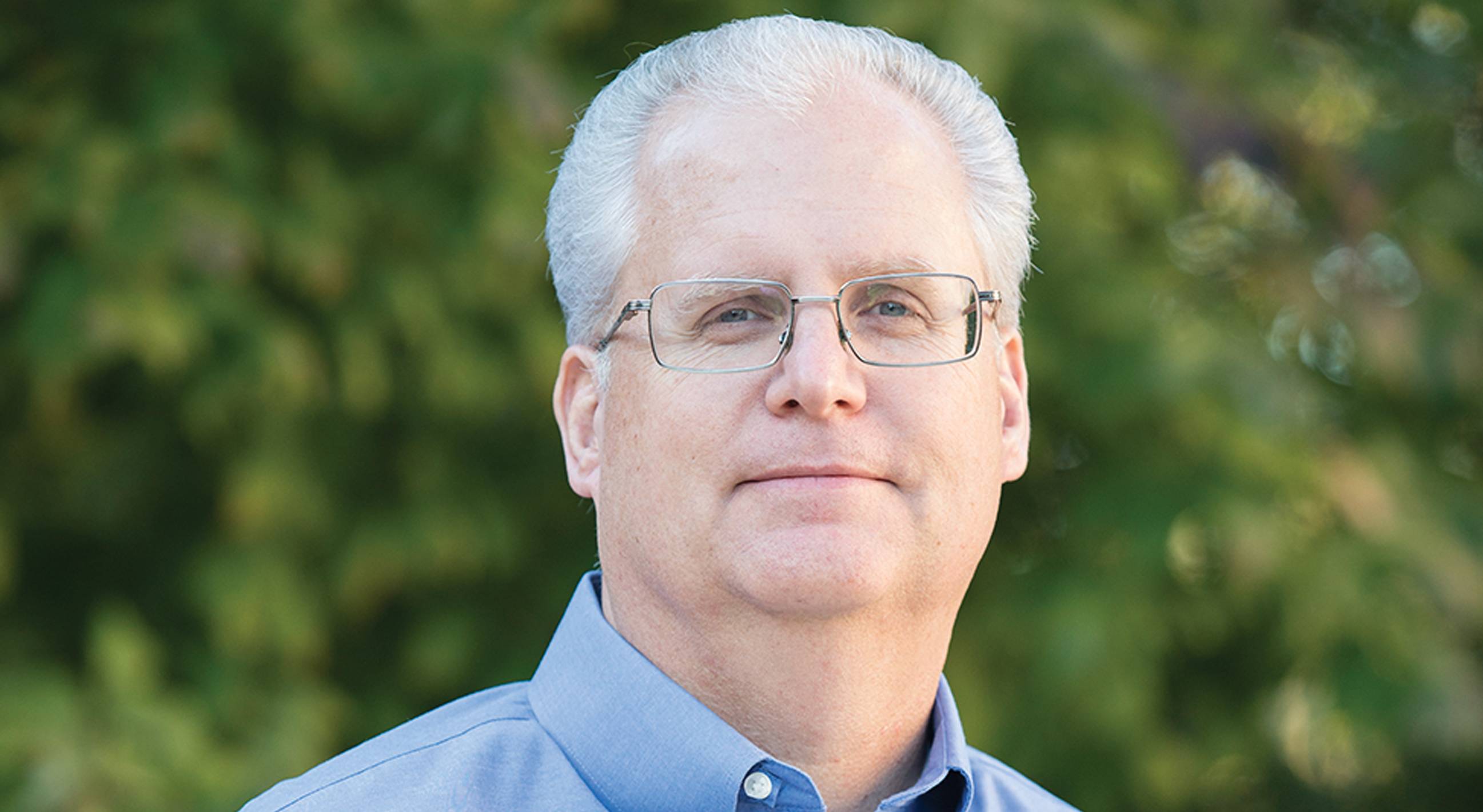
Civil engineering degree to fill vital need in Texas workforce
by Jayme Blaschke
New program is important milestone for university
A new civil engineering program, which is awaiting final approval for its first cohort of students in fall 2019, will become the most ambitious expansion of engineering at Texas State University since the establishment of the Ingram School of Engineering in 2007.
The bachelor of science in civil engineering will be the first in Texas with a holistic emphasis on technology-enhanced infrastructure. That cutting-edge emphasis underscores Texas State’s commitment to innovation and interdisciplinary collaboration — the new civil engineering curriculum will draw upon existing programs in computer science, electrical engineering, biology, mathematics, and geography.
“This is an important milestone for Texas State, in that it adds a fundamental engineering discipline to the university’s offerings,” says Dr. John Schemmel, the Bruce and Gloria Ingram Endowed Chair in Engineering at Texas State. “We will help close the gap between open civil engineering positions in industry and the number of civil engineering graduates in the state.”
The Texas Workforce Commission predicts an increase in demand for civil engineers of nearly 24 percent for 2014-2024. That translates into more than 6,000 positions, with an annual shortfall of 750 civil engineers given the current production of existing engineering programs in Texas. Population growth in Texas brings with it a need for civil engineers to design and maintain an expanding modern infrastructure.
Texas State’s civil engineering degree program, expected to mirror the enrollment of the existing electrical engineering program at approximately 500 students, will be an important factor in fulfilling that demand and contributing to the economic need of the state. Graduates will emerge with not only a strong foundation in traditional civil engineering topics but also a unique education in the emerging field of smart infrastructure technologies that enhance the public safety, economic value, and longevity of municipal and private infrastructure.
“Technology is making it possible to monitor the performance of buildings, roadways, treatment plants, and bridges with the goals of safe use, retained value, and predictive maintenance,” Schemmel says. “We must educate the next generation of civil engineers to address these needs.”
The civil engineering program will take up residence in the Roy F. Mitte Building, following the relocation of the engineering programs currently occupying that space to the new Ingram Hall. The dynamic new program is expected to attract new research funding and result in an uptick in research publications, Schemmel says. “All civil engineering faculty are expected to have active and continuing research programs,” Schemmel says. “We should also draw statewide — if not nationwide — attention with our focus on technology-enhanced infrastructure. “It’s an exciting time to be at Texas State.” ✪